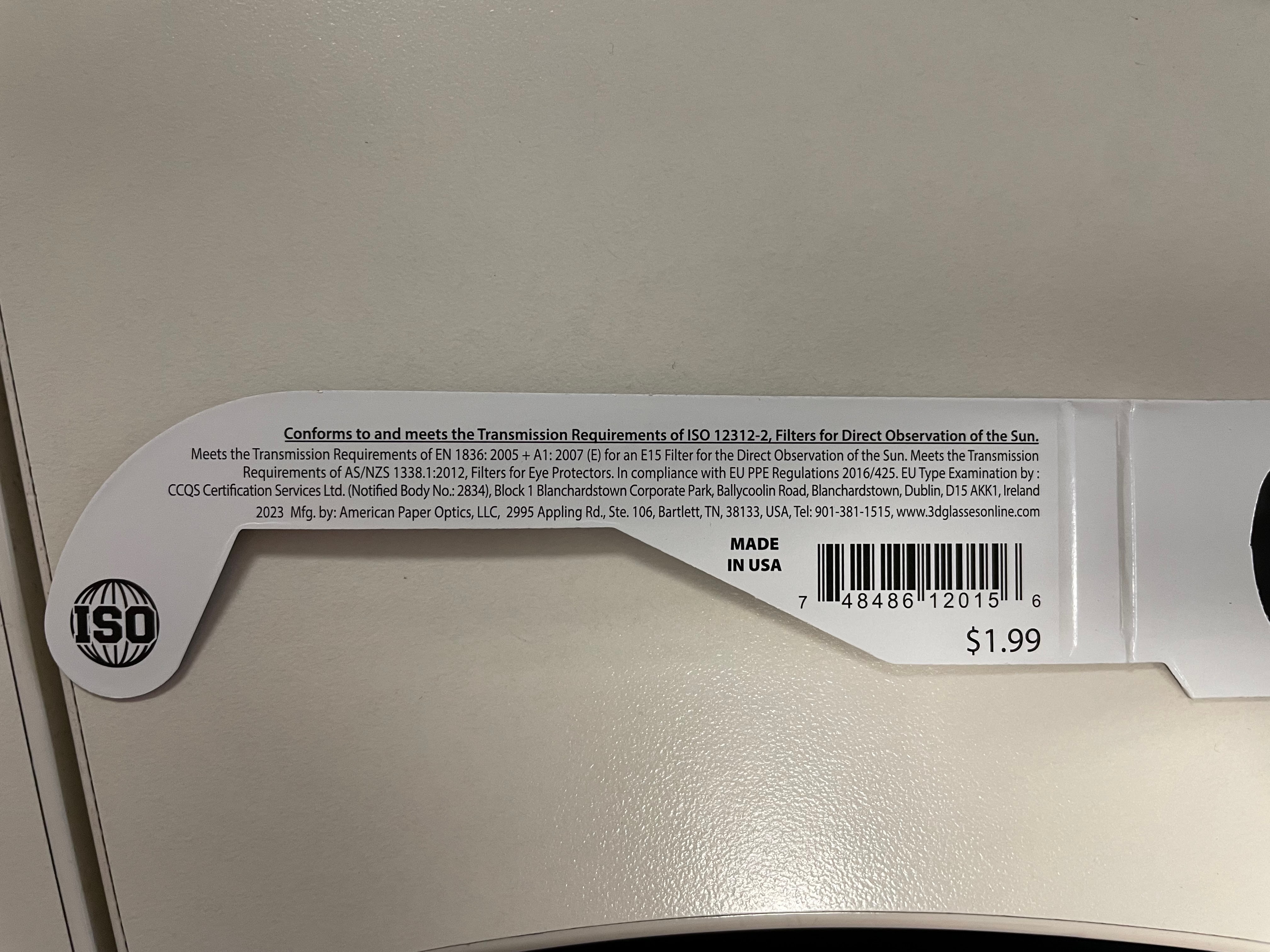Knowing the types of solar eclipses and how to view both safely
SOUTH BEND, Ind. -- While the upcoming eclipse on April 8 will be a total solar eclipse, there is more than one kind of known solar eclipse that can occur.
Both total and annular solar eclipses are reliant on the position of our moon's elliptical orbit.
An annular solar eclipse will occur when the moon is either closer to or at apogee, the point when it is farthest away from Earth.
The moon, from our point of view, is smaller at its apogee.
Because the moon is farther away when it passes between the sun and the Earth, a "ring of fire" effect is created where the outer edge of the sun is still visible to us on Earth.
In a total solar eclipse, the moon is near to or at perigee, its closest point to Earth within the elliptical orbit.
Annular and total solar eclipses require specific eclipse glasses or other solar viewing devices to prevent permeant eye damage from looking at the sun for prolonged periods of time.
If you are one of the millions of Americans planning to view the eclipse, whether in the path of totality or not, look for a phrase or sentence on a prospective pair of glasses or other lense that says the viewing device meets the "requirements of ISO 12312-2, Filters for Direct Observation of the Sun."
Heavily tinted sunglasses are not strong enough to watch any eclipse.
Similarly, looking at an eclipse through a telescope or pair of binoculars is dangerous due to the magnifying effects of both.
In the upcoming path of totality on April 8, glasses or protective viewing devices can only be taken off when totality is achieved.
When the eclipse is entering or exiting totality, the glasses must be worn at all times.
One can also make their own solar eclipse viewer at home. Meteorologist Amber Twardy demonstrated how here.
ABC57 will be live on the path of totality on April 8, make sure to keep following us on air and online for more information regarding eclipse-related stories.




